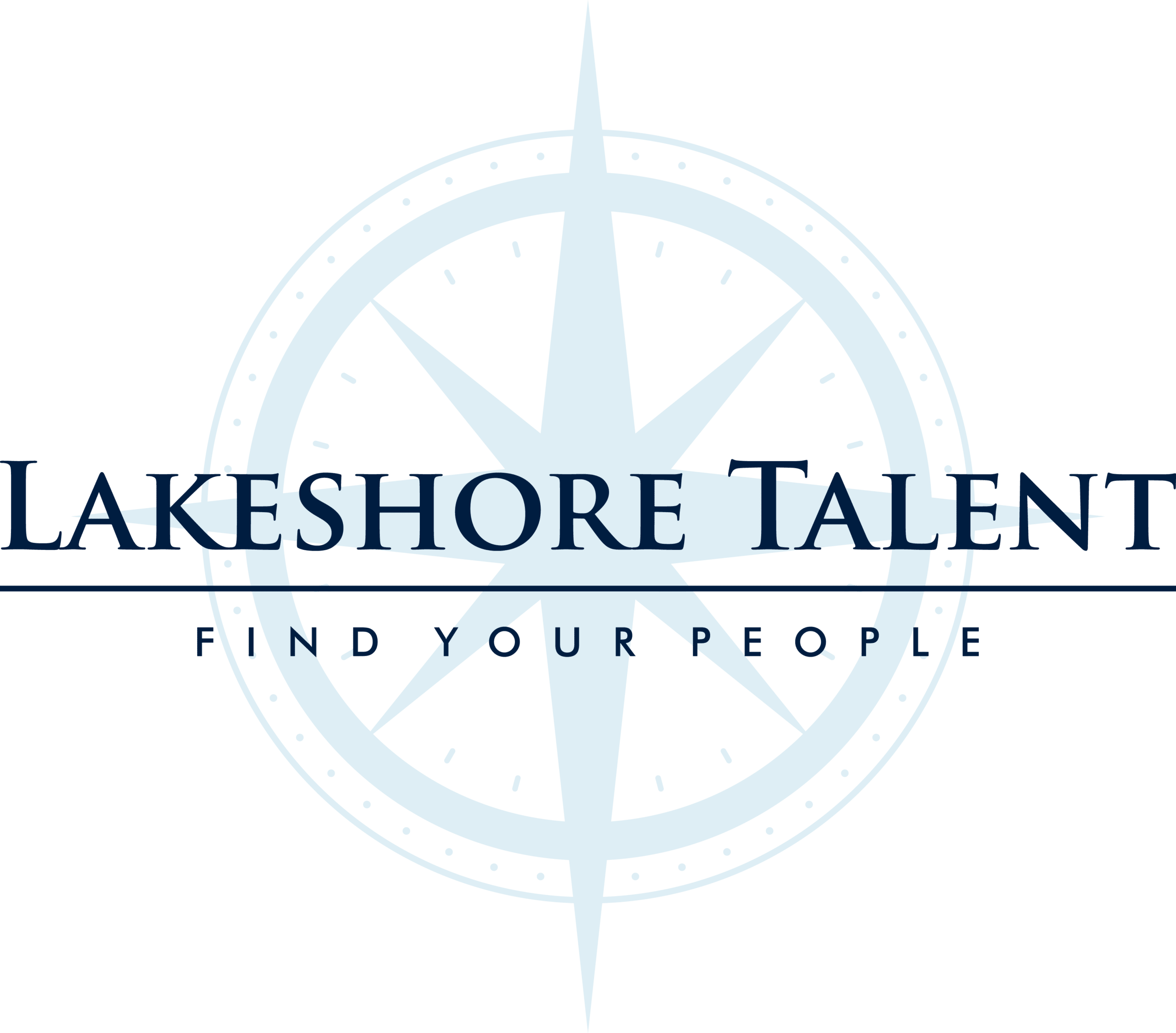‘Do You Have Any Questions?’–They’re Right Here
When interviewing for customer service jobs, you’ll be asked plenty of questions by the hiring manager. They want to check that you have the skills needed to be the team player the company needs in their customer service department. Then the interviewer will ask if you have any questions. You’re stumped.
Does asking questions have a positive or negative affect on you as a candidate? What sort of questions would the interviewer like to hear?
Here are the answers you need to know about questions you should ask in an interview.
Why It’s Important to Ask Questions
Isn’t it the interviewer’s job to ask questions? Well, yes – they want to learn about who you are, and whether you’ll be a good fit for them. Surely, then, you should do the same? Don’t be afraid to ask questions. Here’s why:
- Interviewers want you to – it shows a genuine interest in the role and the company
- You learn more about the role
- You learn if it’s a company you will fit into
- You’ll discover how much support you’ll receive
- It showcases the soft skills employers need from a winning candidate
The interviewer will think more highly of you if you ask thoughtful, insightful questions about the position. You’ll also have a chance to really get to know them on a personal level. An interview is all about compatibility discovery, for both parties.
Top Questions to Ask in an Interview
Here are some great questions you could ask when being interviewed for customer service jobs:
1. “What are your expectations for this position?”
This is a good question that will give you a better understanding of what’s expected from you, so you can be sure it’s the right job for you.
2. “What is the company culture like?”
You want to be sure you’ll feel ‘at home’ within the organization, and a company’s culture defines its overall behavior and the people you’ll be working alongside. Does it all sit well with your values? The fact you’re asking shows the interviewer you already have strong values by treating culture as an important element of your professional life.
3. “How do you measure success in this position?”
What is important to them as a business? Are they heavy on target-setting, and, if so, do you think it will support your development? You may be surprised by their answer and gain a better understanding of how you’ll be assessed and encouraged.
4. “Can you tell me a little about what an ‘average’ day looks like in this role?”
If the job description gave you plentiful information, then perhaps avoid this one – unless you have a specific query about it. But if the description was vague, now is a crucial time to ensure the average day sounds like something you’ll enjoy.
5. “What type of feedback do you anticipate giving me in my first few months on the job, and how often will I receive it?”
Career progression is important to you. You want to know that your new employer will check in with you regularly. This is an encouraging question for interviewers – you’re a candidate who seeks personal development and growth, and that’s beneficial to them, too.
If they signal any negativity toward regular feedback, though, consider it a red flag.
6. “Do you have an idea on when I can expect to hear from you?”
This is a good final question to ask. It shows you’re enthusiastic for the role, and it will also give you peace of mind on time expectancy for next steps.
Questions You Shouldn’t Ask
Some questions aren’t suitable for an early interview stage, such as:
- “What is your salary range?”
- “How many days of vacation are paid?”
- “Do you offer benefits?”
While these may be burning questions of yours, now is not the time. Save these discussions for when you have been offered the job and you are in a better position to negotiate.
We Have the Answers for Your Customer Service Job Search
Stepping into the interview room is a big step in the hiring process. To make sure you’re walking into well-matched and rewarding career opportunities with confidence, submit your resume to Lakeshore Talent. We’ll take time to get to know you, and present you to employers with pride, providing support and guidance the whole way.
